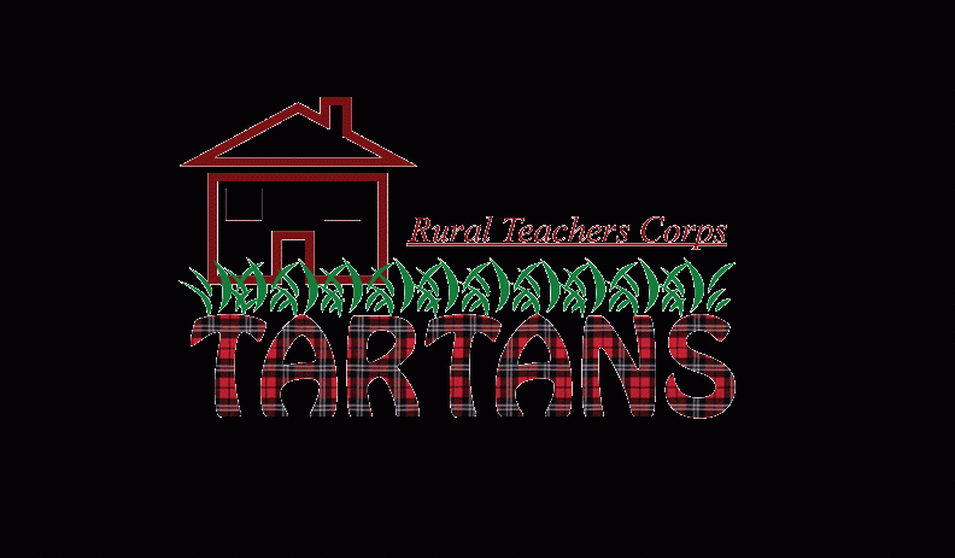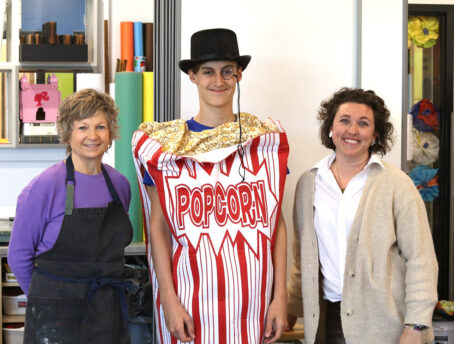The Rural Schools Collaborative (RSC) proudly introduces the new rural teacher corps, TARTANS (Teachers Allied with Rural Towns and Neighborhood Schools), coordinated by the Educational Studies department at Monmouth College. RSC thanks Educational Studies professors and the student participants at the TARTANS for their partnership with us at our Western Illinois Hub and for their great efforts to empower rural areas and rural teaching.
TARTANS (Teachers Allied with Rural Towns and Neighborhood Schools) is the new rural teacher corps initiative that is coordinated by Monmouth College Educational Studies Department. Educational Studies professors at Monmouth College explain the program’s mission statement is to prepare future rural teachers and help them establish themselves as leaders in their communities. Because teaching is more than just working in a classroom, the goal of the program is not only to prepare rural teachers but to help them strengthen the relationship between the school and the surrounding community. This different commitment in teaching is motivated by a locally-driven educational approach. The TARTANS program aims to strengthen the student participants’ sense of connecting to community assets, so that when they become teachers they can apply place-based education principles and connect their students’ learning experience to the surrounding environment.
Professors at the Educational Studies Department at Monmouth College understood the struggles and challenges that rural areas face as well as the need for more teacher-leaders who are passionate about teaching in rural areas. They looked at the Golden Apple Scholars Program as an example of a program that give grants for students to teach in Chicago area after they graduate. They wanted to create a program that gives future rural teachers a sense of mission and empowers them as change agents who can truly have a good impact on the community they serve. Hence, the idea of the TARTANS was born.
The TARTANS program launched in 2017. Last academic year, three student participants graduated and two of them are already teaching in rural areas. TARTANS was made possible through the impressive cooperation between Monmouth College, Monmouth community, the Galesburg Community Foundation, and the Rural Schools Collaborative. During the Scots Day of Giving (a day alumni and Monmouth community provide donations and contributions to programs and initiatives at Monmouth College), the TARTANS received over $15,000 in donations. In addition, Galesburg Community Foundation and Monmouth College contributed to the TARTANS’ budget, making it possible to provide grants for eight student participants.
We now invite you to meet the TARTANS, and we encourage you to learn more about RSC's I Am a Rural Teacher campaign.
Aleeka Gentzler
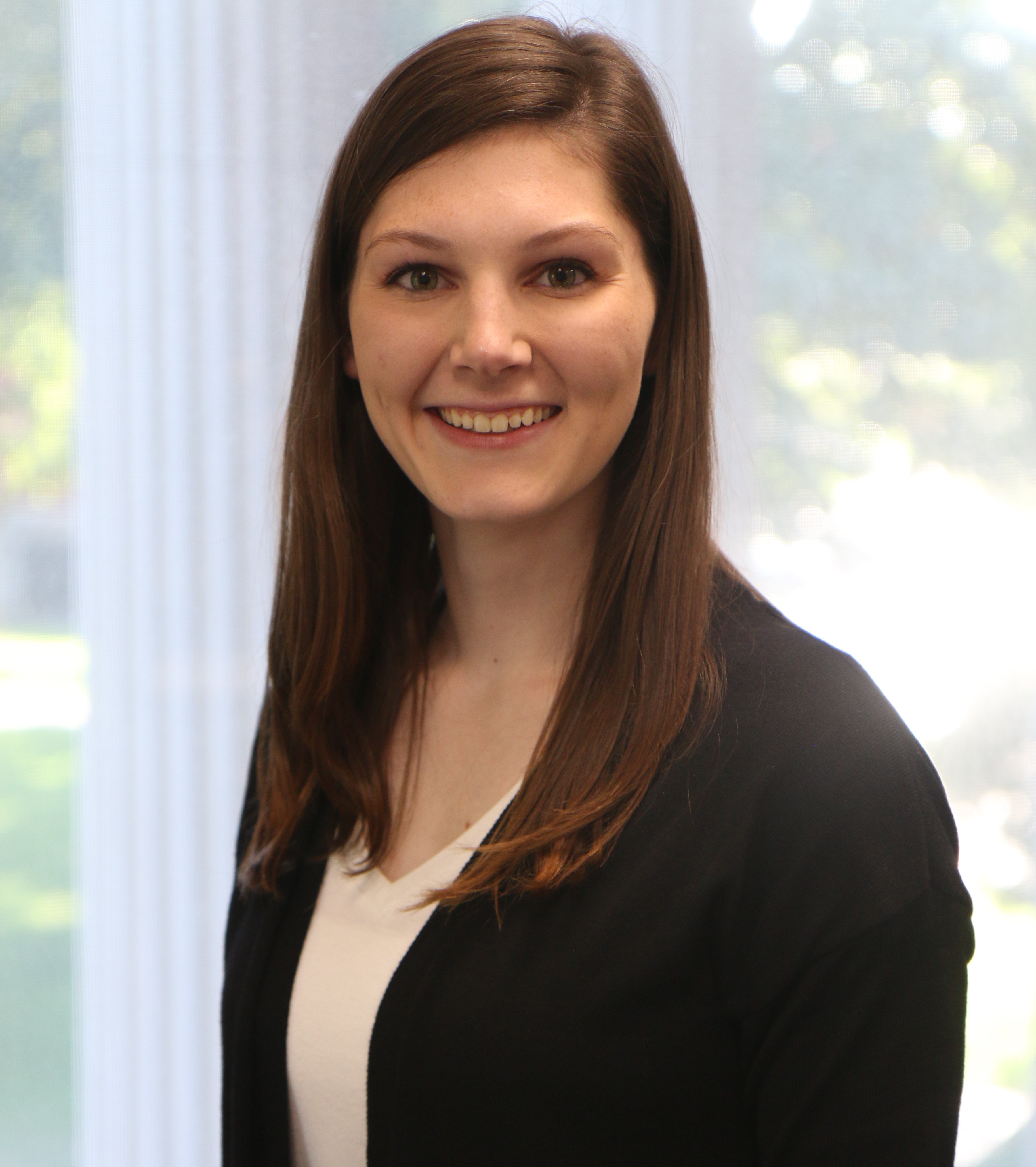
"I am often asked “Why Rural?” When most people think of rural districts, they think that these districts are disadvantaged. However, I think that rural districts are differently advantaged. This is because of the resources that may be available in rural schools are usually not the same as those available in an urban school. Rural school students have more of an opportunity to get hands on experience with certain topics in comparison to an urban school student. I also believe that place-based education can be revolutionary for this same reason. This is using the students “place” to help them better understand an idea or concept." Please read Aleeka's reflection in its entirety
Ashley Farris
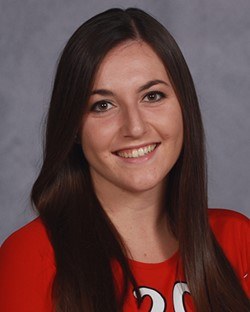
"I have had the opportunity to work with children of various ages through babysitting experience, teaching vacation bible school, and assisting Elementary teachers while in high school. In each situation, I found it to be enjoyable to see the children demonstrate a skill that I helped them learn – it was very fulfilling. Their success gave me a lot of self-worth which led me to become a teacher." Please read Ashley's reflection in its entirety
Courtney Gillen
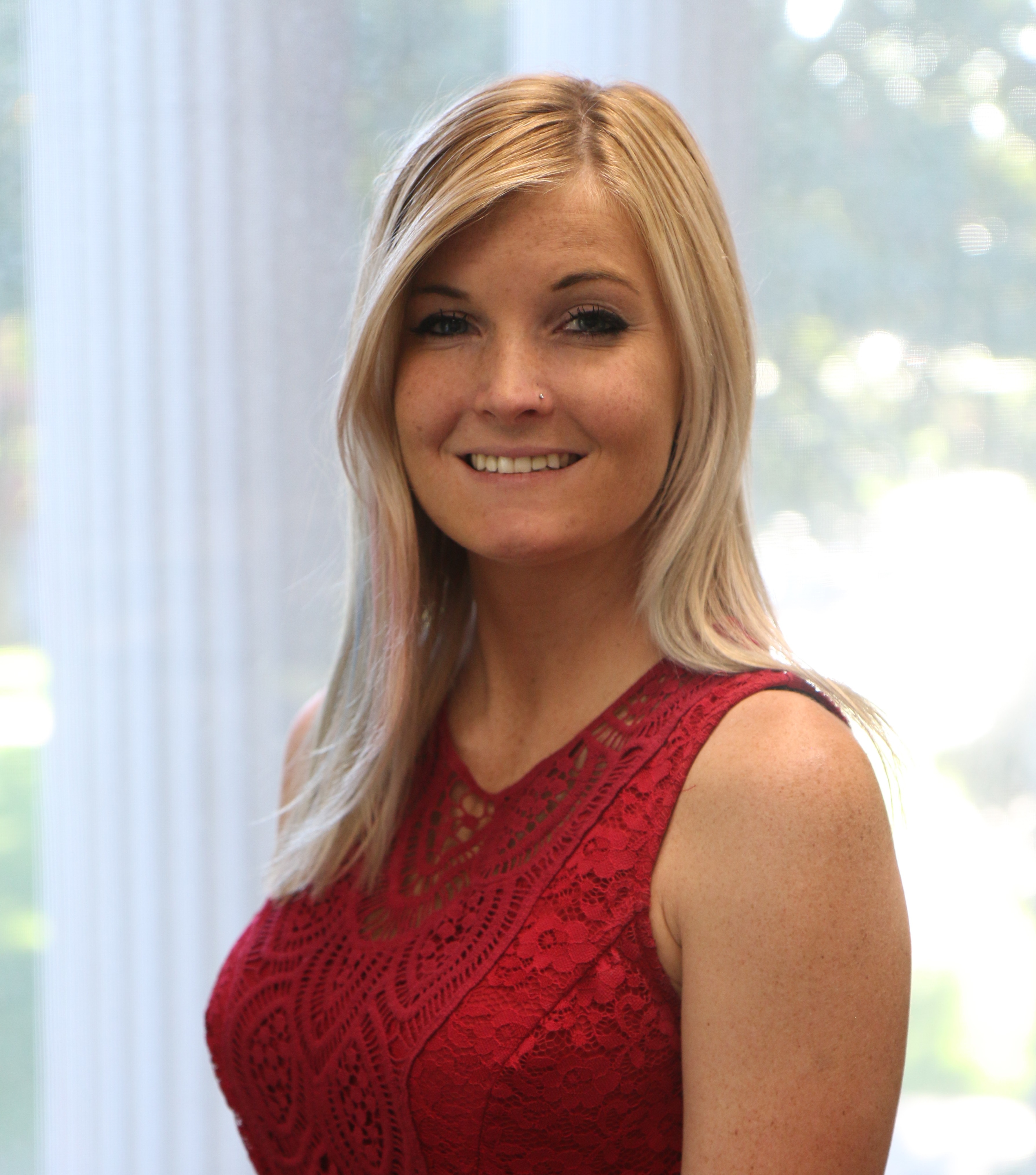
"I have always had a passion for helping others and working with children, but wasn’t until I became a paraprofessional for Monmouth-Roseville that I felt my true calling toward teaching. I was inspired by some of the teachers I had the privilege of working with one which I am lucky enough to have as a sister. These teachers made an extraordinary difference in their classroom every single day, and they were changing the world. I knew that was something I was meant to be a part of. Sometimes the struggles of a rural community do not always seem apparent. Some students can come from heartbreaking situations. But the greatest feeling in the world is when you have the chance to be the support that those students desperately need. Teachers of the world are making a difference in the lives of their students every day, and that is the most amazing reward a person could ask for." Please read Courtney's reflection in its entirety
Elizabeth Reasoner

"While I want to be a teacher because I want to share my knowledge and passion of Spanish, I also hope to be able to help students along the way. Although I grew up in Indianapolis, I have had a love of rural areas my entire life. To me, being able to teach in a rural area means that I will be able to have a better relationship with my students. In my high school in Indianapolis, one teacher would have around 150 students that they saw every day. But in rural areas, these numbers drop significantly. I believe that by embracing these smaller class sizes, we are able to create a different teaching environment that is more focused on the individual students and what they need to succeed." Please read Elizabeth's reflection in its entirety
Kylee Payne
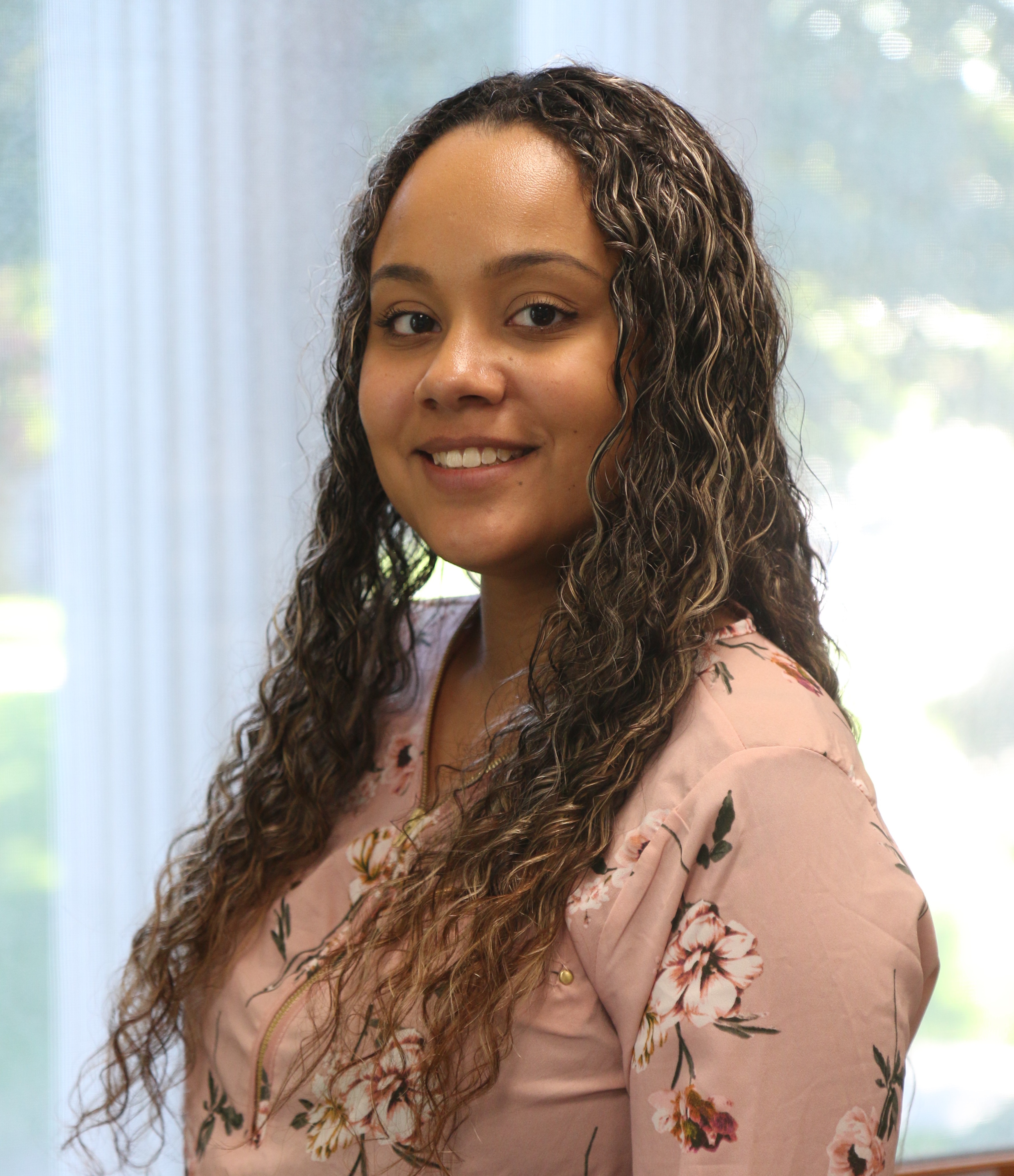
"Children inspired me to be a teacher. They are innocent beings in this chaotic world, and I have always been passionate about helping them in any way that I possibly can. By being a teacher, I can hope to touch the lives of many and hopefully make a true difference. Growing up in Galesburg, the sense of community in the schools I have attended have had a lasting positive impact on me. It allowed me to love education and the process of learning, which has also inspired me to be a teacher." Please read Kylee's reflection in its entirety
McKenzie Campbell
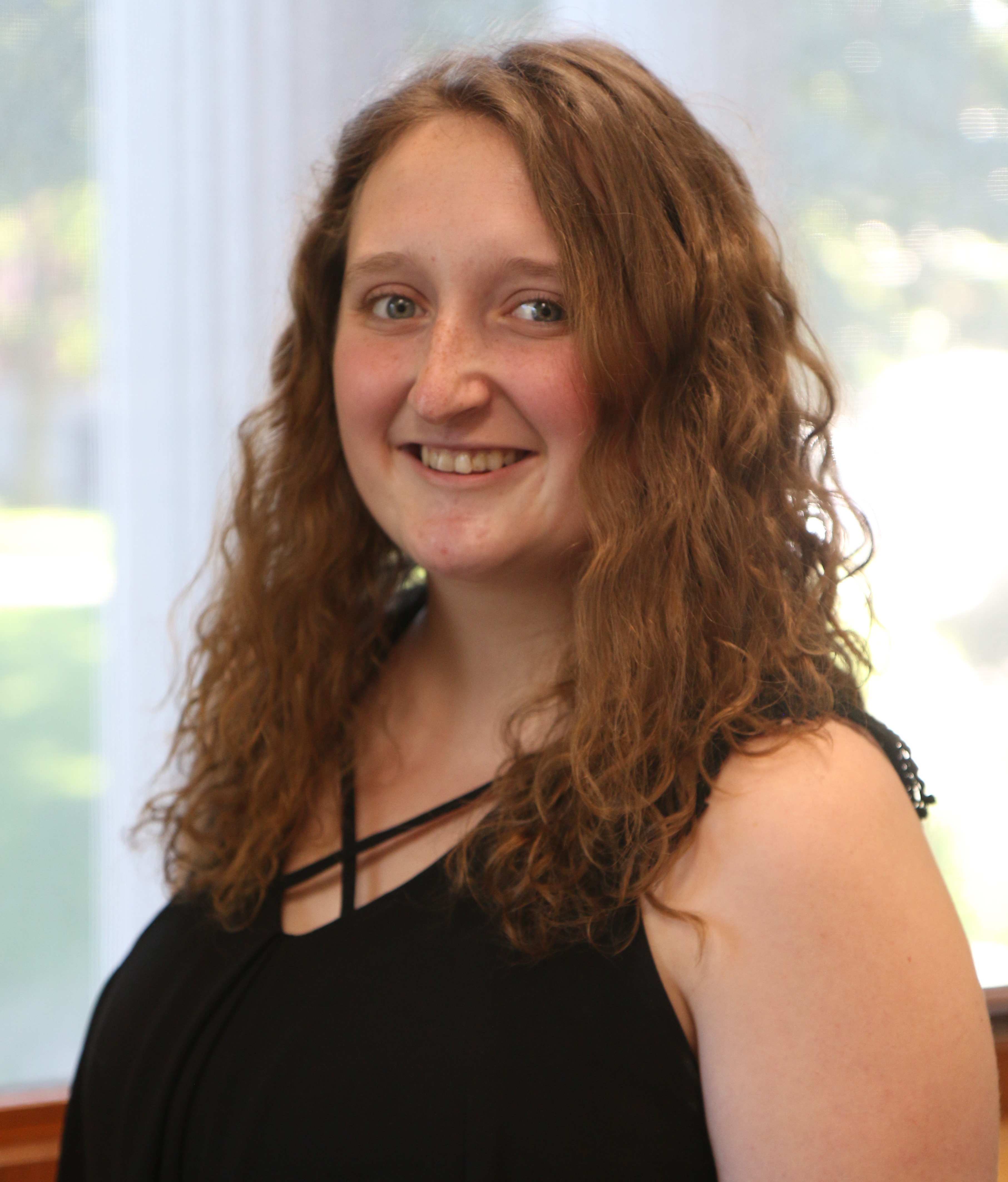
"I also want to teach in a rural school because of the close student teacher relationships that are formed. Going to a rural school I really got to know my teachers and they knew me. When bad things would happen in my life, I felt comfortable talking to my teachers about it because we had a relationship. If our classes were bigger than they were, this might not be the case. Rural schools offer a close knit, family community feeling that is much harder to accomplish when there is such a large number of students." Please read McKenzie's reflection in its entirety
Nathan Schroeder
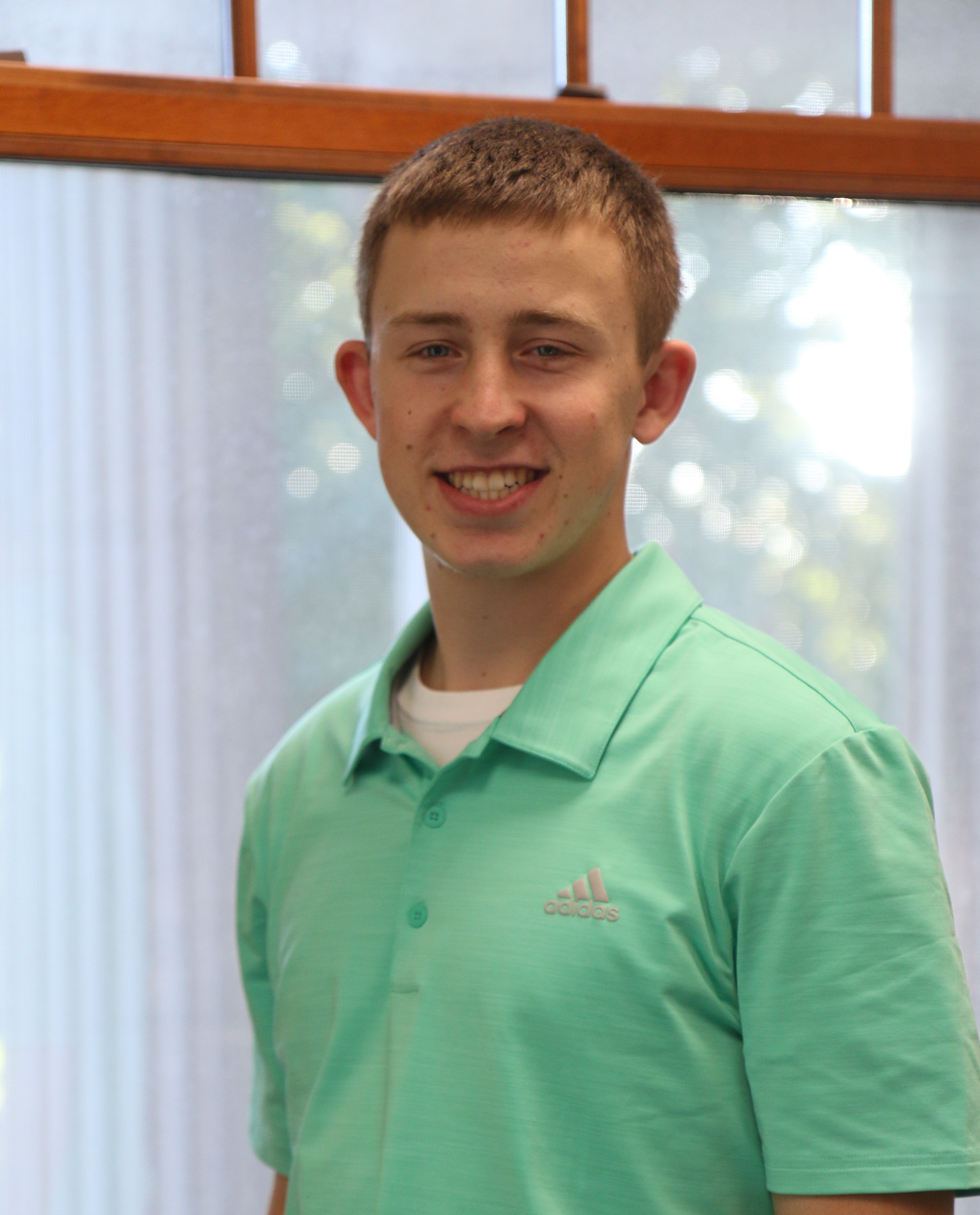
"Place-based education in rural schools seems like a logical step especially for rural schools that are so reliant with community involvement to succeed. Both in my hometown and in Monmouth, whether it be sporting team, club, or teacher, teachers have to be active within the community. Using place-based education in rural communities allows for the students to get involved within the communities and learn skills that the students don’t learn in the classroom and that they need when entering the real world. Place-based education is a great opportunity for teachers to prepare their students for life following education." Please read Nathan's reflection in its entirety
Joshua Talley
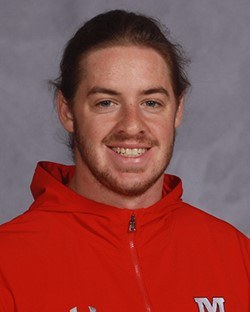
"While attending Monmouth College I have learned more than I could imagine about living in rural community and through my field experiences I have learned much about teaching in a rural school. Monmouth, Il is a very unique rural community and has taught me to draw upon the strengths of my students as well as the community to create a more meaningful learning experience for myself and my students. As a I finish up my fall semester of my senior year and begin preparing for student teaching, I feel as though that the TARTANS program will provide me many opportunities to improve as an educator and to find a community in which I will enjoy my time teaching while having a meaningful impact on that community and my future students." Please read Joshua's reflection in its entirety
Be sure and check out:


